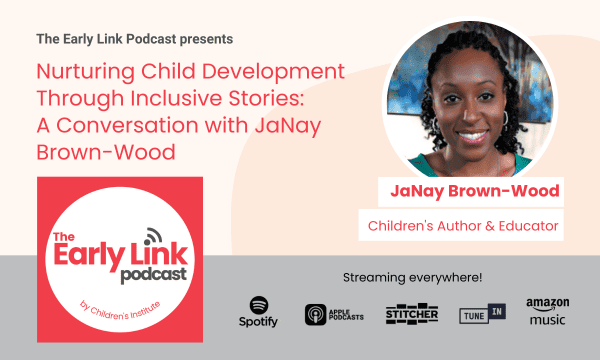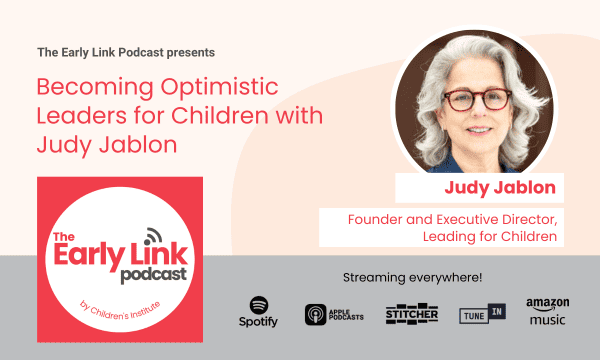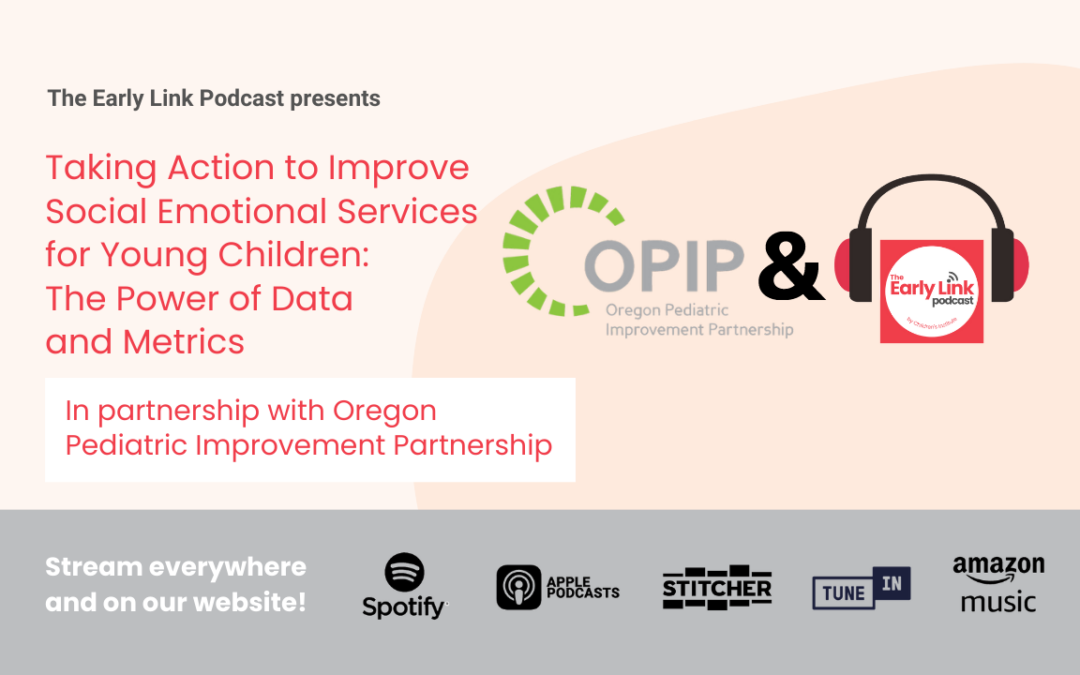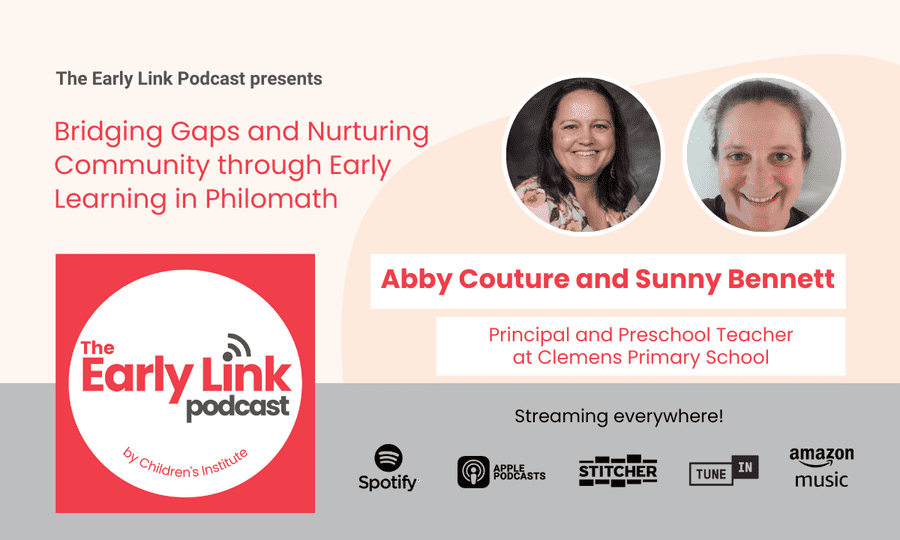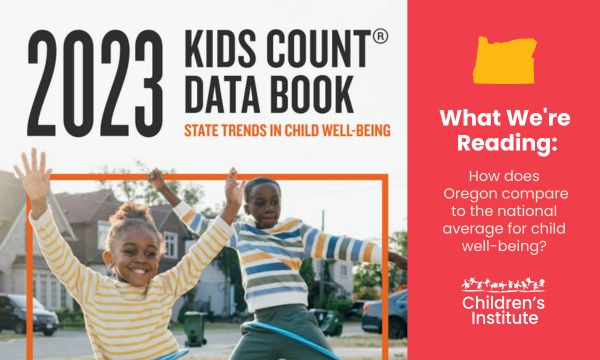
What We’re Reading: Oregon KIDS Count Data
In June, the Annie E. Casey Foundation released its 2023 KIDS COUNT data book with national and state-level data on child well-being across four core areas: economic well-being, education, health, and family and community. The 34th edition of this critical assessment shows ways each state is fighting to care for families, but also ways in which the country’s lack of affordable and accessible child care negatively affects children, families and U.S. businesses.
From the KIDS COUNT Data Book website:
This year’s Data Book presents a picture of how the COVID-19 pandemic impacted child well-being in the United States, making comparisons between 2019 and 2021 where possible. As the nation recovers from the coronavirus crisis, the latest data on the well-being of kids, youth and families can be found in the KIDS COUNT Data Center at datacenter.aecf.org.
Overall, Oregon ranked 26th in the nation across categories, finishing relatively high in the health-related categories and contrastingly low across the board in education. Read through the breakdown of categories below to get a closer look at how Oregon compares nationally in these key indicators, and learn about what CI is doing to improve child well-being and early education.
Economic Well-Being
- Currently, 17 percent of all children in the United States — 12.2 million kids total — are living in poverty. In Oregon, this percentage is slightly lower, affecting 14 percent, but still greatly increasing the risks of social emotional, behavioral and health challenges for children across the state.
- Oregon has higher rates than the national average of children whose parents lack secure employment as well as households with a high housing cost burden. Economic challenges of this nature are entrenched in systemic oppression and lack of access to resources that should be available for all.
- To directly combat these difficult circumstances and fight for better futures, CI advocates for legislation that increases employment opportunities and child care facilities for families across the state.

Health
- Health is Oregon’s highest ranking of the KIDS COUNT Data Book at #7 nationally.
- Though the state’s rate of children with health insurance and death of young folks per 100,000 people is better than the national average, these categories have worsened for Oregon over the past two years.
- Additionally, more progress must be made in Oregon for research and care addressing children’s social, emotional and mental health metric. At CI, we are working with the Oregon Pediatric Improvement Partnership (OPIP) to 1) Gather insightful health complexity data, 2) Shift attention to social emotional health services for children from birth to age 5, and 3) Help Oregon’s Medicaid system focus on prevention and investment in young children. Learn more in our recent podcast, Taking Action to Improve Social Emotional Services for Young Children: The Power of Data and Metrics.

Family and Community
- Examining the resources and support available to families through community is a critical component of the two-generation approach to ending poverty: looking to the needs of parents and children at the same time so that both can succeed together. When communities offer safety, good schools, and accessible support for families at every socioeconomic level, children are more likely to thrive.
- From our community-integrated Early Works programs to the mission of our Early Learning Academy, CI is working to help schools and care providers engage community partners, improve practices, and foster meaningful connections with families. As a result, our partners build strong ties that can lead to better outcomes for children across the state.

Education
- Early academic experiences lay the groundwork for lifelong success, yet our country consistently fails to provide sufficient access for early education. The same rings true in Oregon, where every county could be categorized as a child care desert and a growing percentage of children aged 3-4 are not in school.
- In CI’s programmatic initiatives and across our legislative agenda, we are working to support more access to preschool and higher support for literacy across the state. Learn more about our Campaign for Grade Level Reading as well as our 2023 Oregon Legislative Session wins for early learning (including launching a NEW state agency, the Department of Early Learning and Care).
For more of the latest data from KIDS COUNT, head to the Annie E. Casey Foundation’s website to explore their interactive map of 2023 findings.


